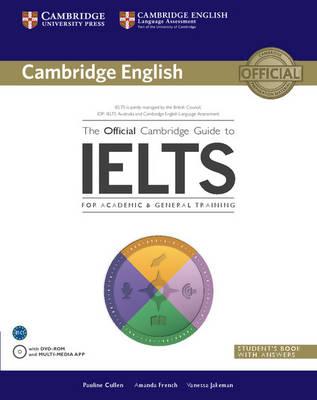Equestrian Art: The Early Writings (1951-1956) of Master Nuno Oliveira
Now:
AED 207.00 Inclusive of VAT
 Free Delivery
Free Delivery
Get it by 8 - 13 Feb

Earn 5% cashback with the Mashreq noon Credit Card. Apply now




1
Free delivery on Lockers & Pickup Points
Learn more
Enjoy hassle free returns with this offer.

Item as Described
70%
Partner Since
7+ YearsSpecifications
| Publisher | Xenophon Press LLC |
| ISBN 13 | 9781948717519 |
| ISBN 10 | 1948717514 |
| Author | Nuno Oliveira |
| Language | English |
| Book Description | From 1951 to 1956, Nuno Oliveira wrote about sixty articles concerning horses and riding in two Portuguese magazines, "Diana" from 1951 to 1954, then "Vida Rural" until the end of 1956.The articles he wrote in the 1950s, a |
| About the Author | Master Nuno Oliveira is considered to be one of the leading figures (if not the leading figure) in the Equestrian Art of the 20th century. He was not only an expert in the discipline and its history but also an outstanding teacher and mentor, an instructor with unusual intelligence and a highly developed equestrian feeling, and an unrivaled artist in the saddle. His great genius consisted of the comprehensive synthesis of the two emerging, but up until then, contrary schools of the Old French riding masters as represented by the teachings of Francois Robichon de la Guérinière (of the 18th century) and Francois Baucher (of the 19th century). What made Oliveira stand out was his unwavering, unprejudiced pragmatism, which let him find the best method from all of the schools for working on a specific goal with a specific horse at a specific moment. He believed that every single horse had to be trained to the highest degree of perfection and shine within the scope of its individual possibilities. He rose above any doctrinal dispute and focused on the task at hand. A rider should not only ride but also observe, study, read and think carefully. He/she should act rationally and calmly, never act brutally or with force; he should have love of the horse and develop great equestrian feeling, the greatest of all equestrian virtues. To achieve this, he taught with the messages of Etienne Beudant and Faverot de Kerbrech: "Ask often, be satisfied with a little, and reward often." |
| Publication Date | 1 May 2022 |
| Number of Pages | 180 pages |
Equestrian Art: The Early Writings (1951-1956) of Master Nuno Oliveira
Added to cart
Cart Total AED 207.00


























































































































